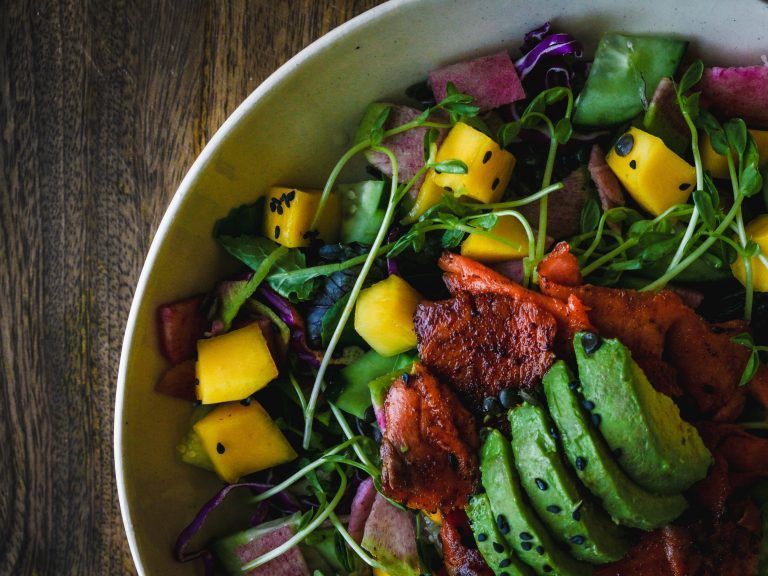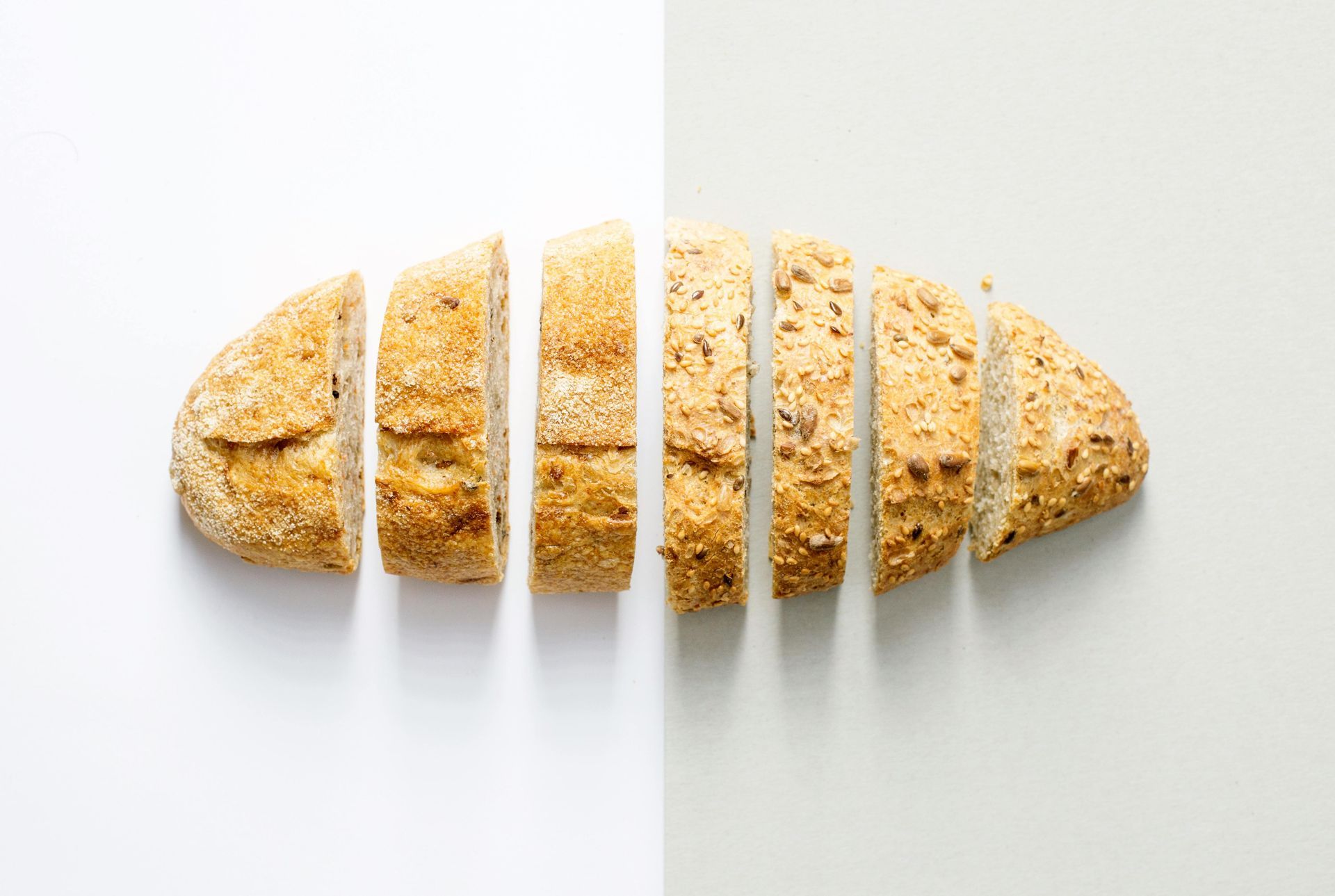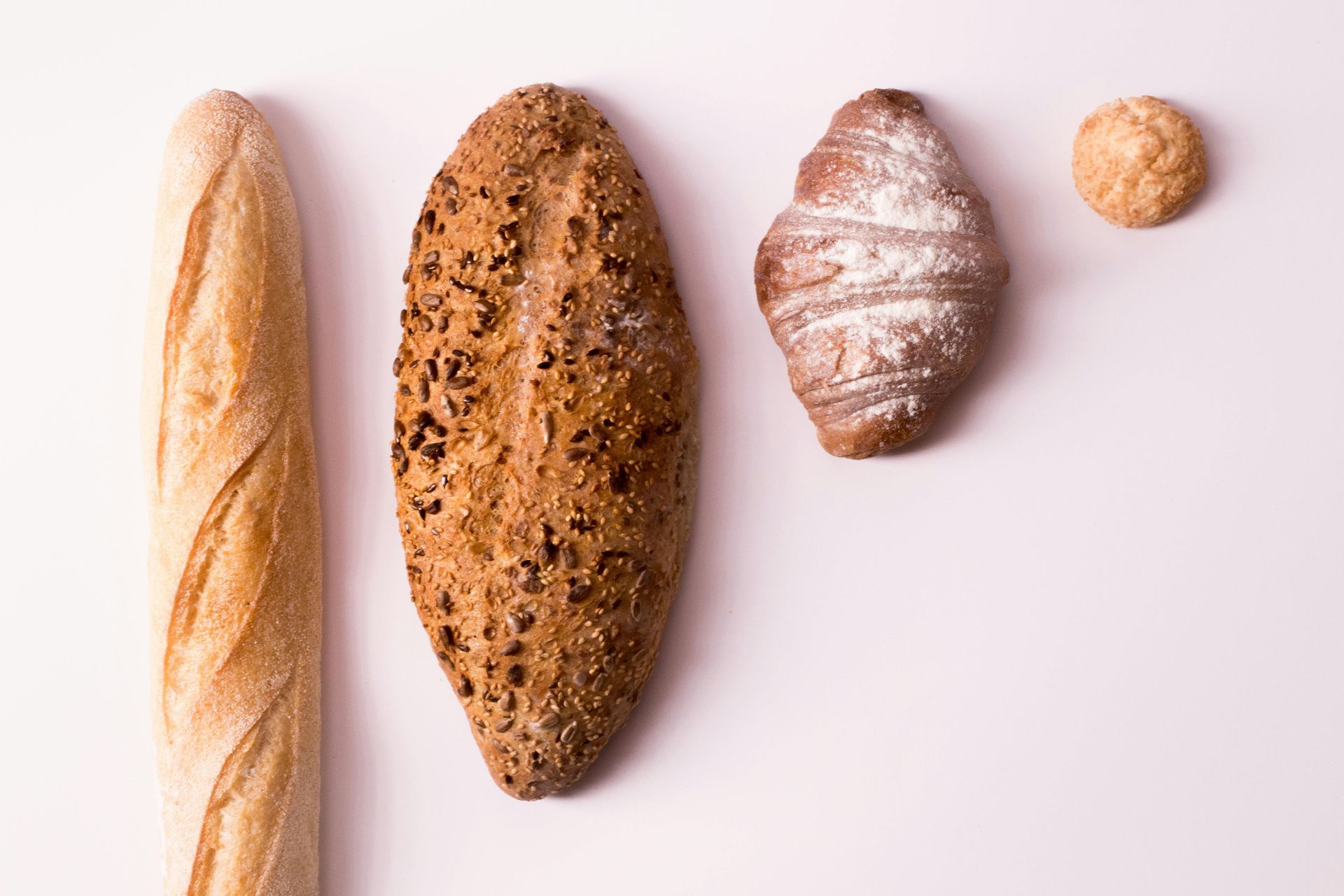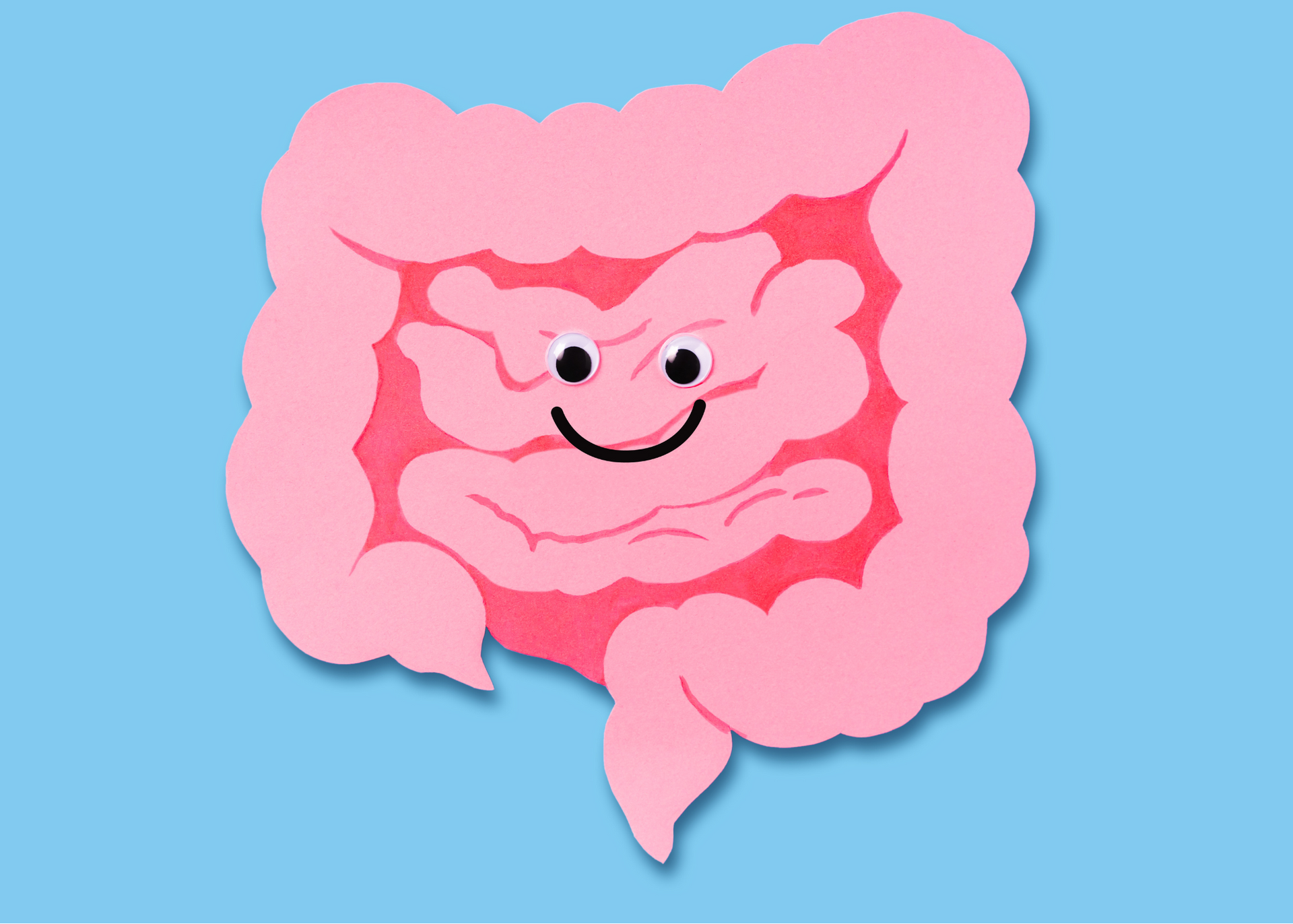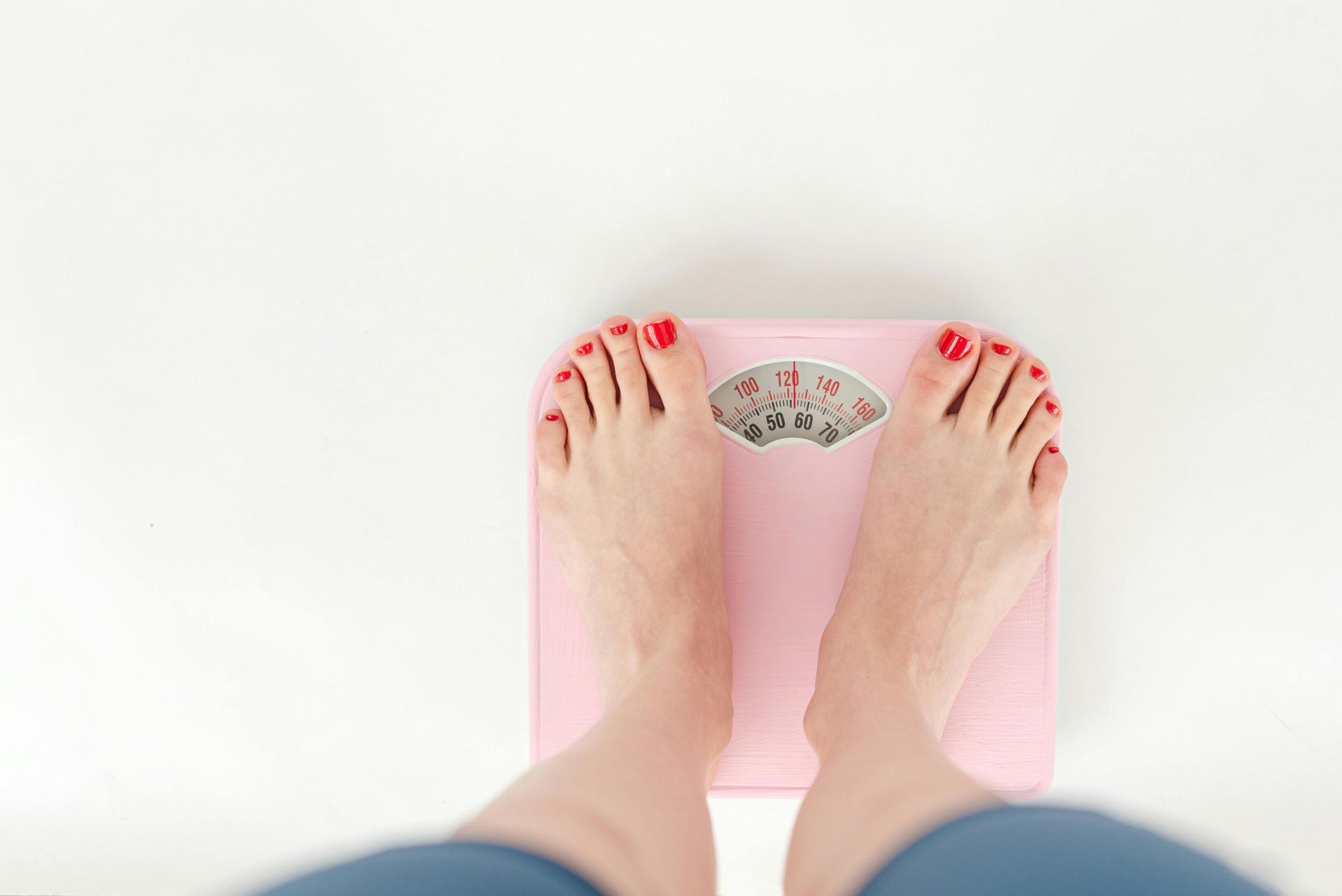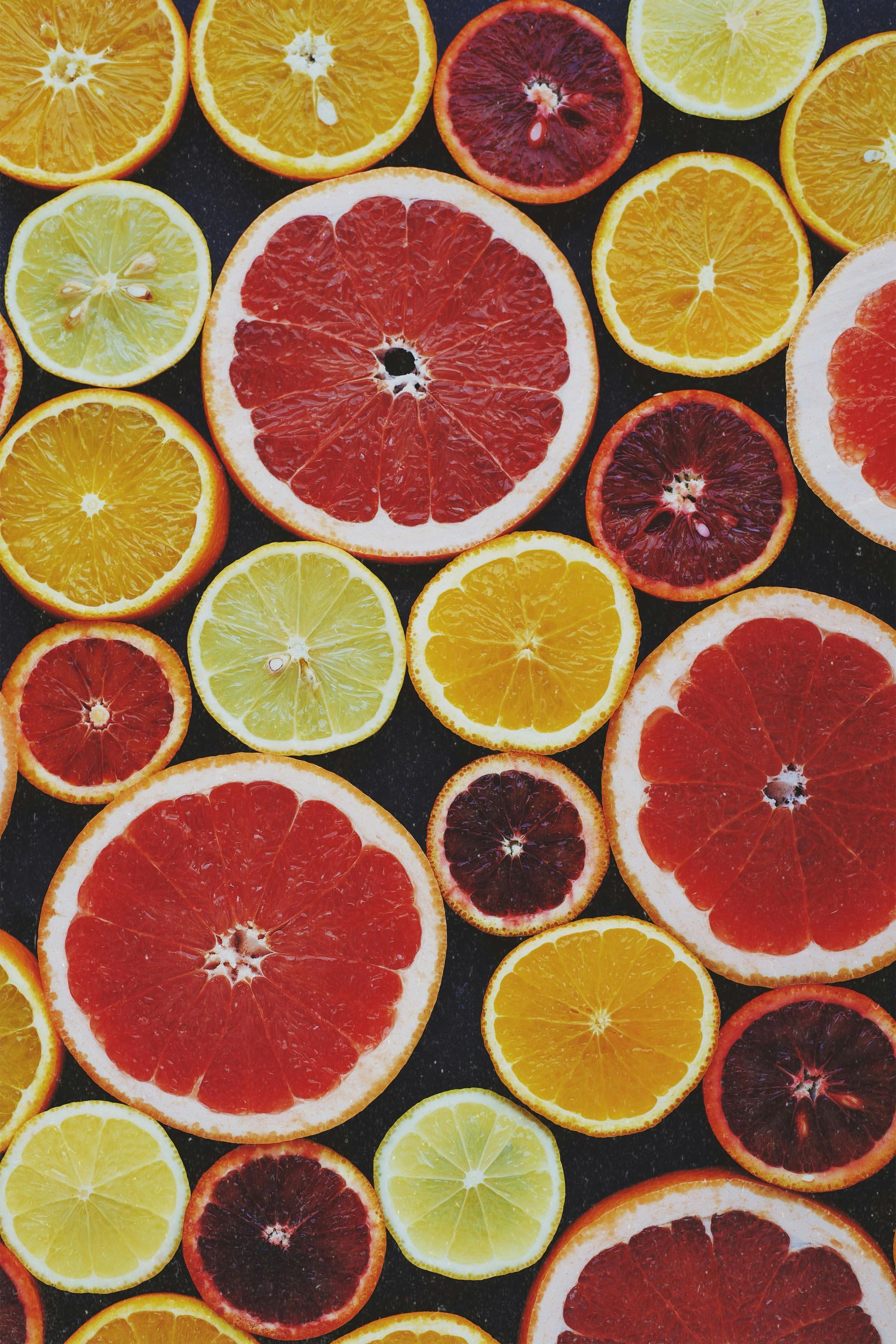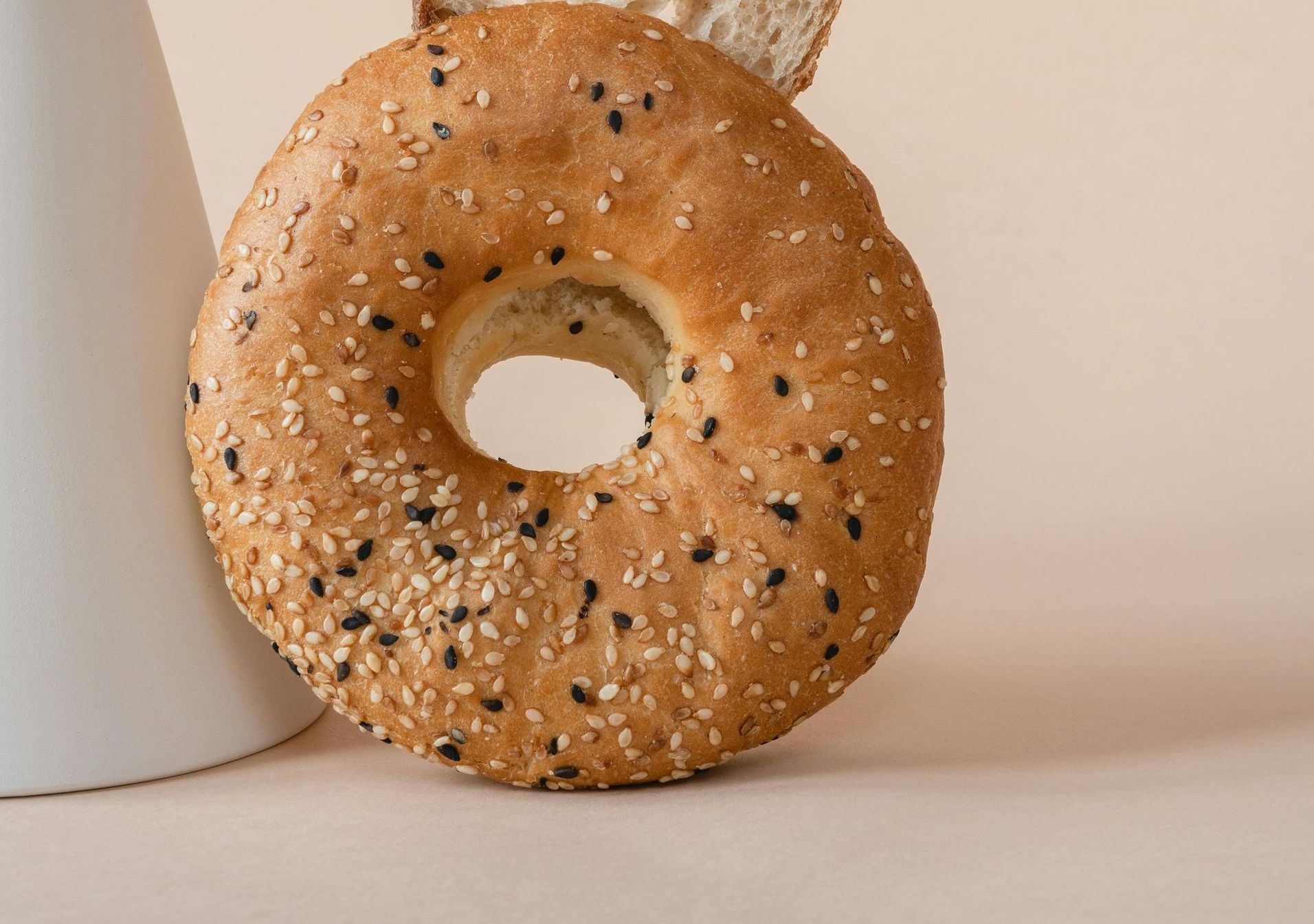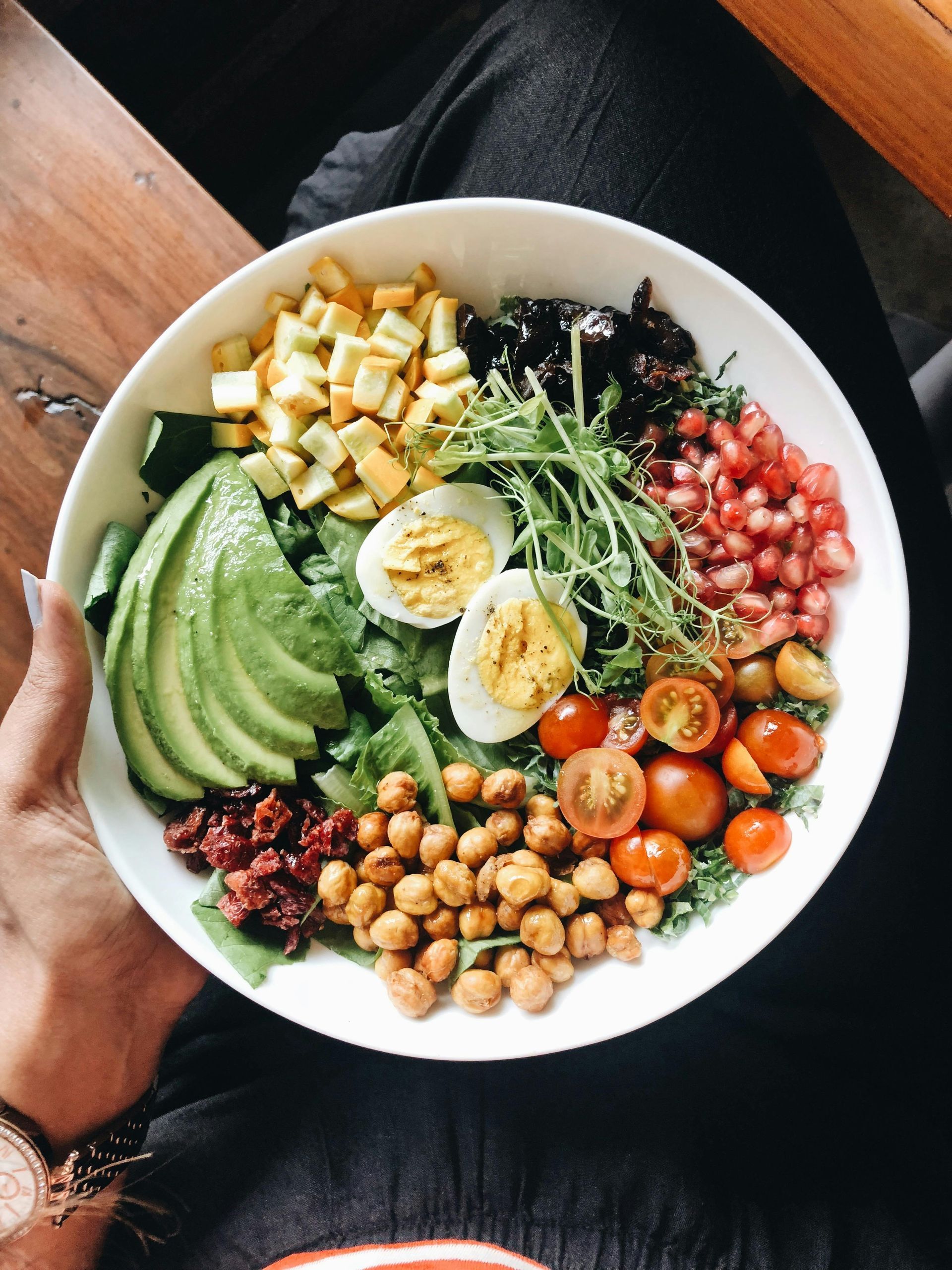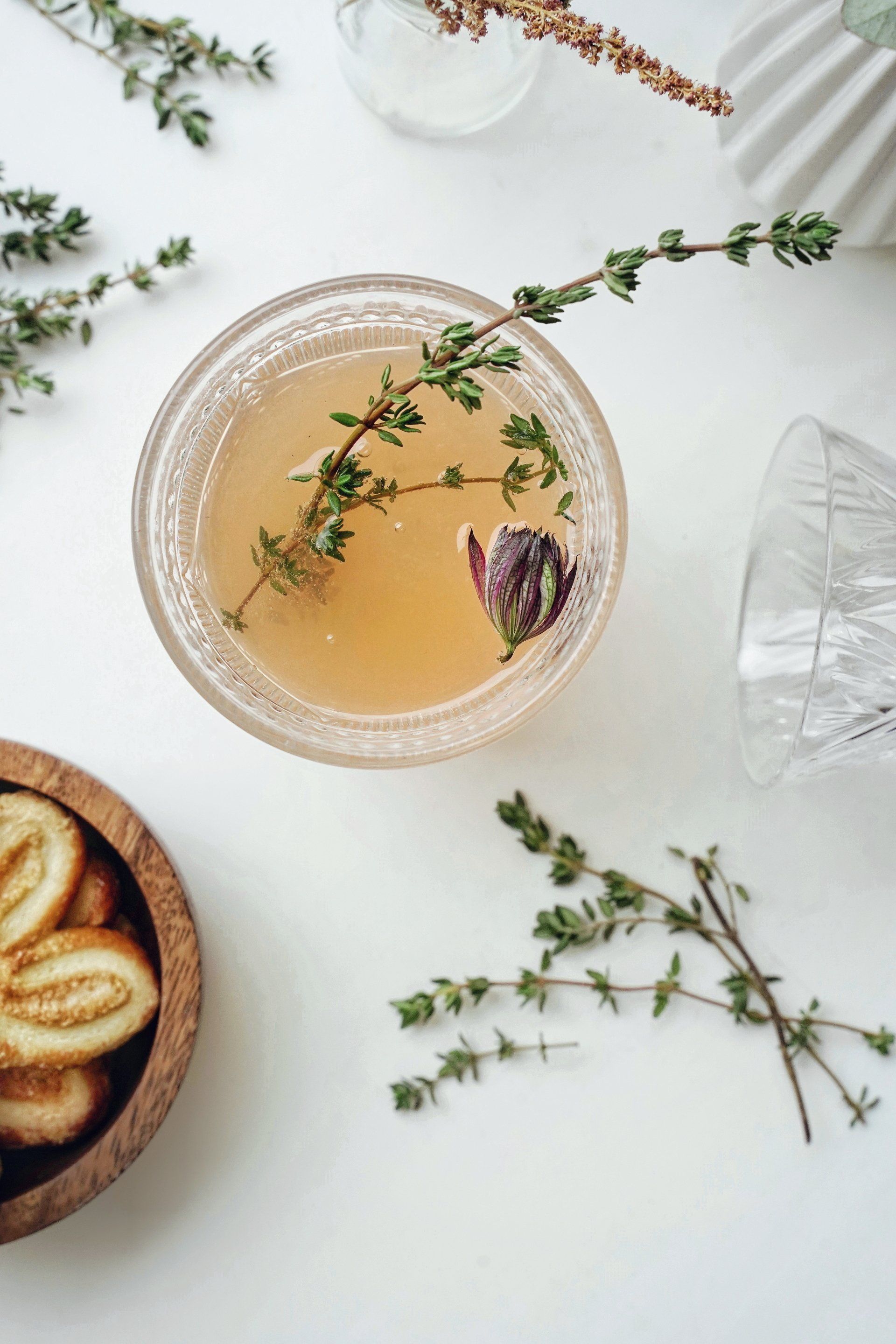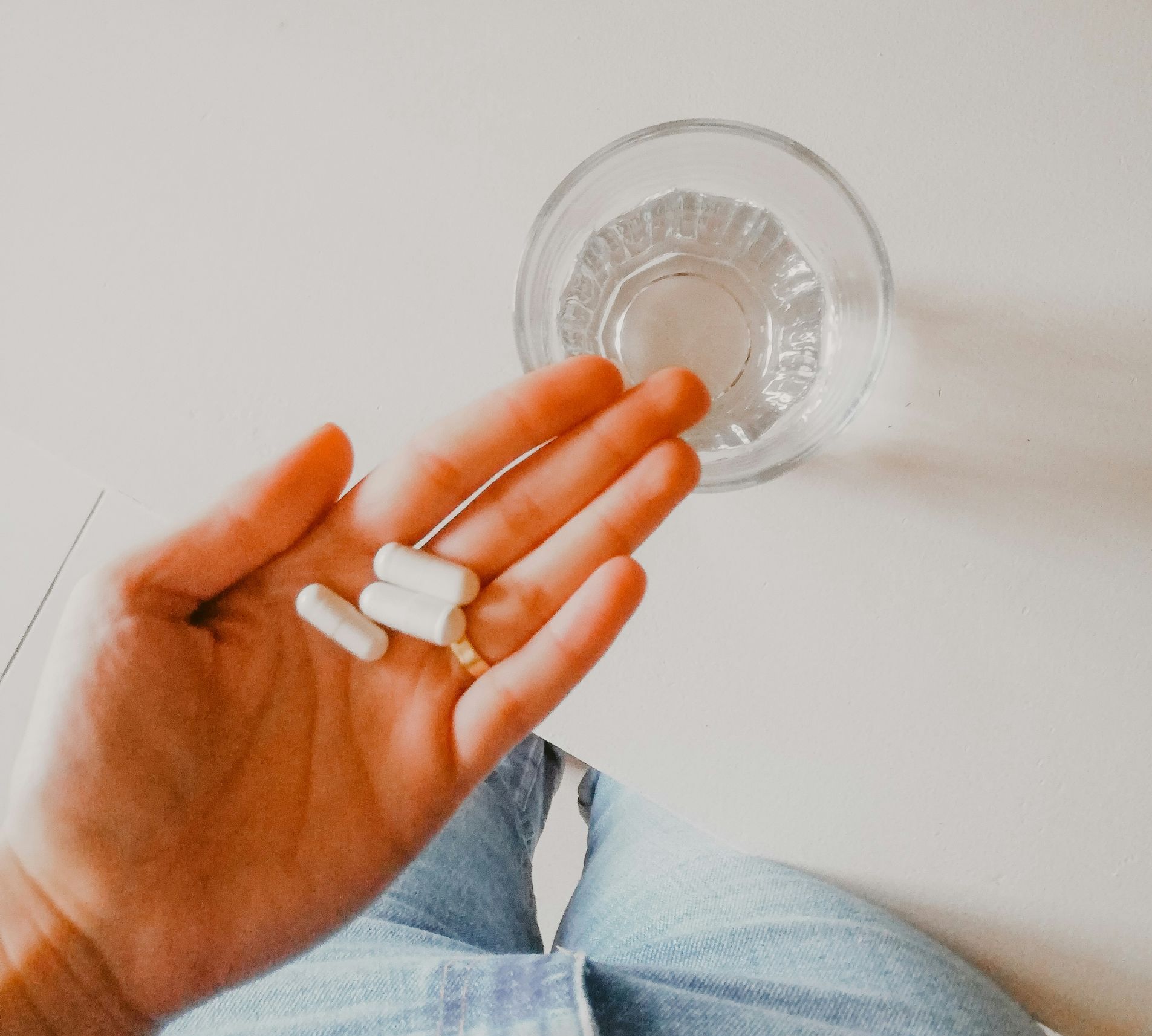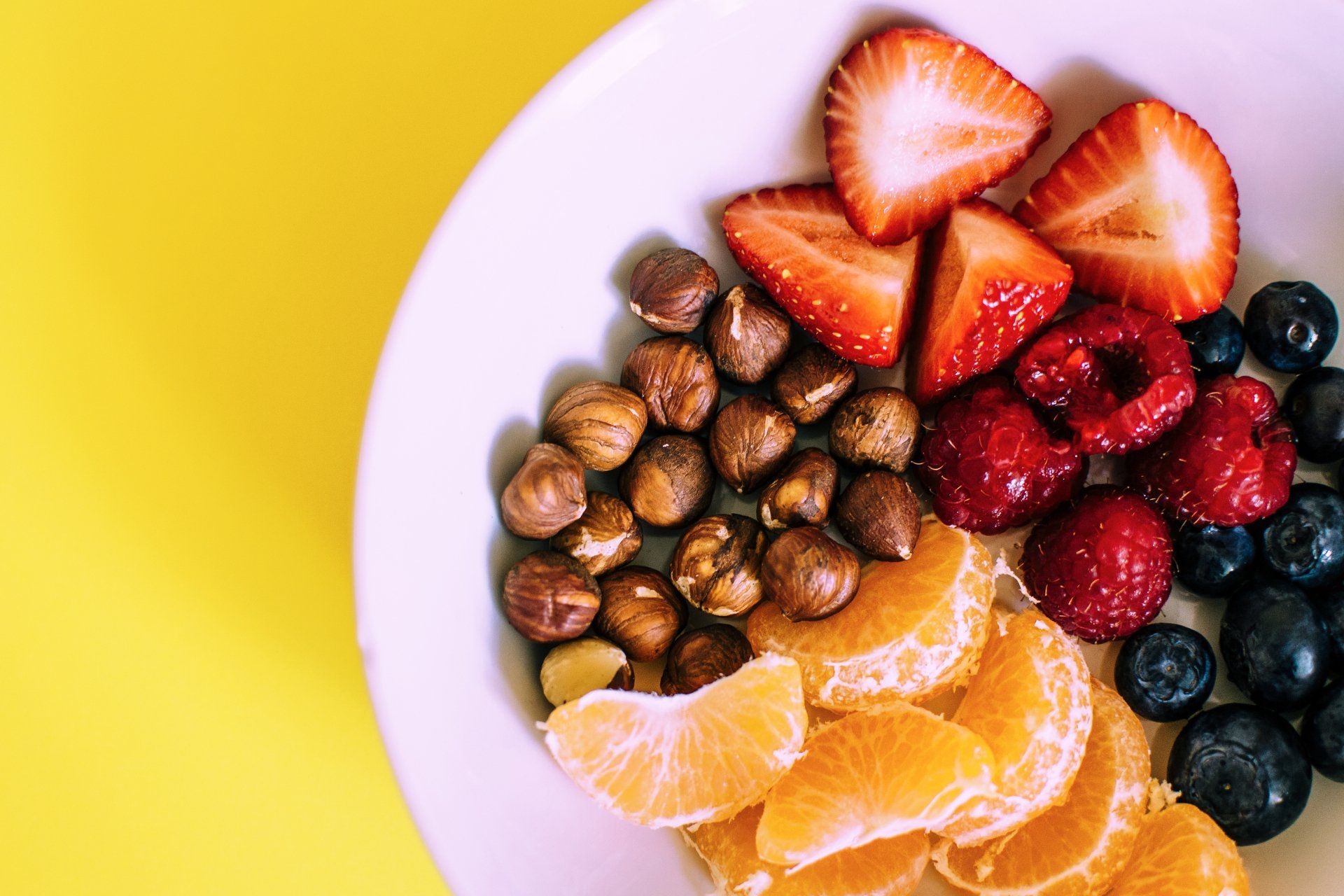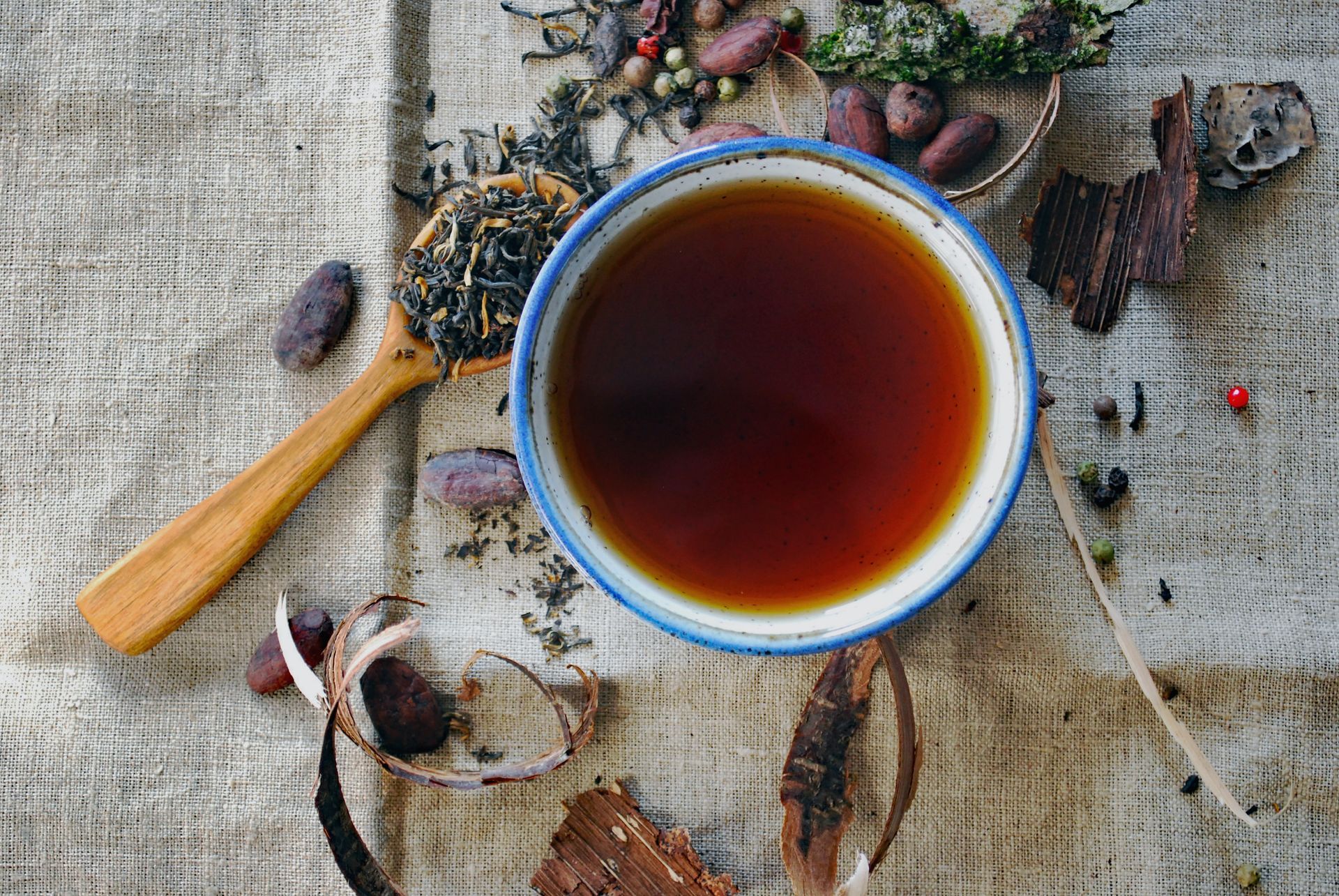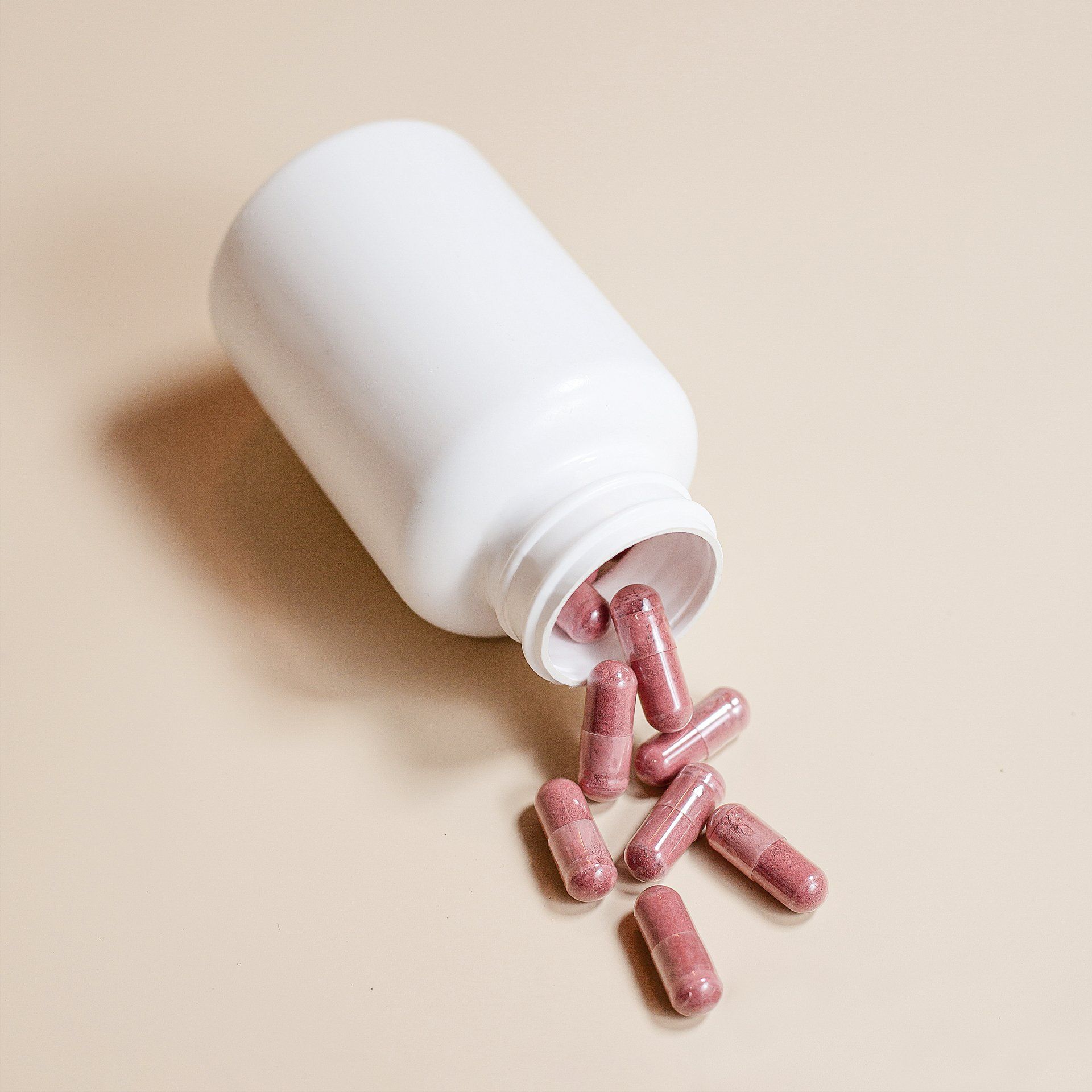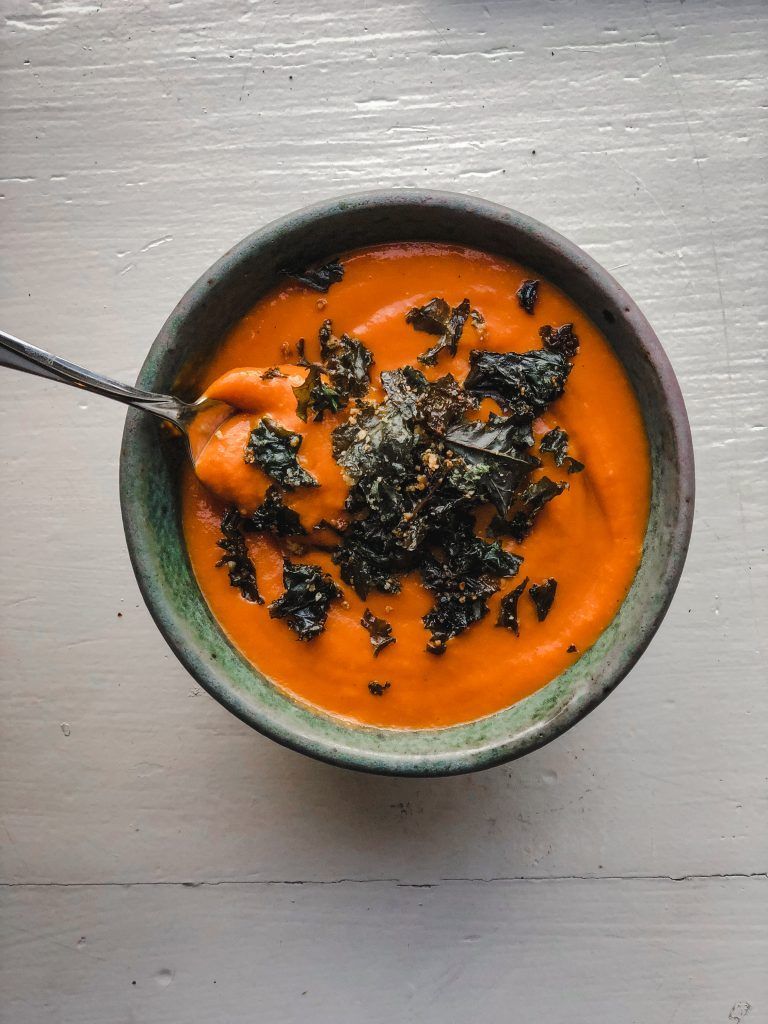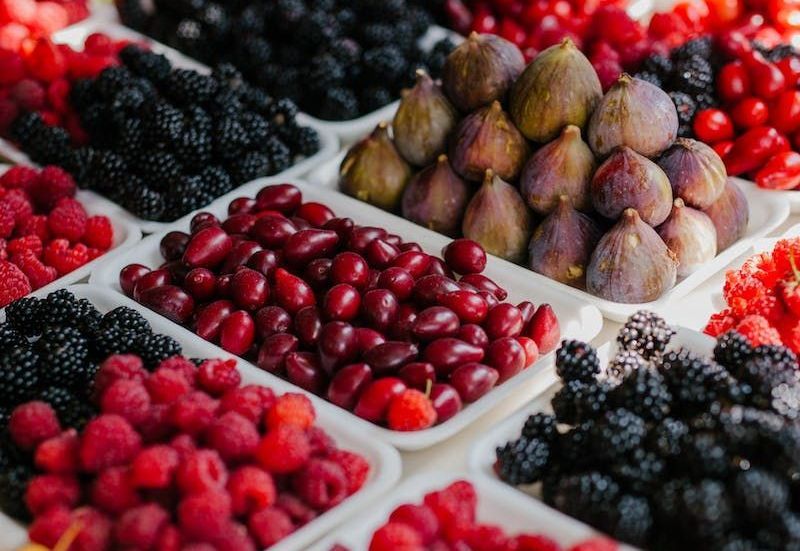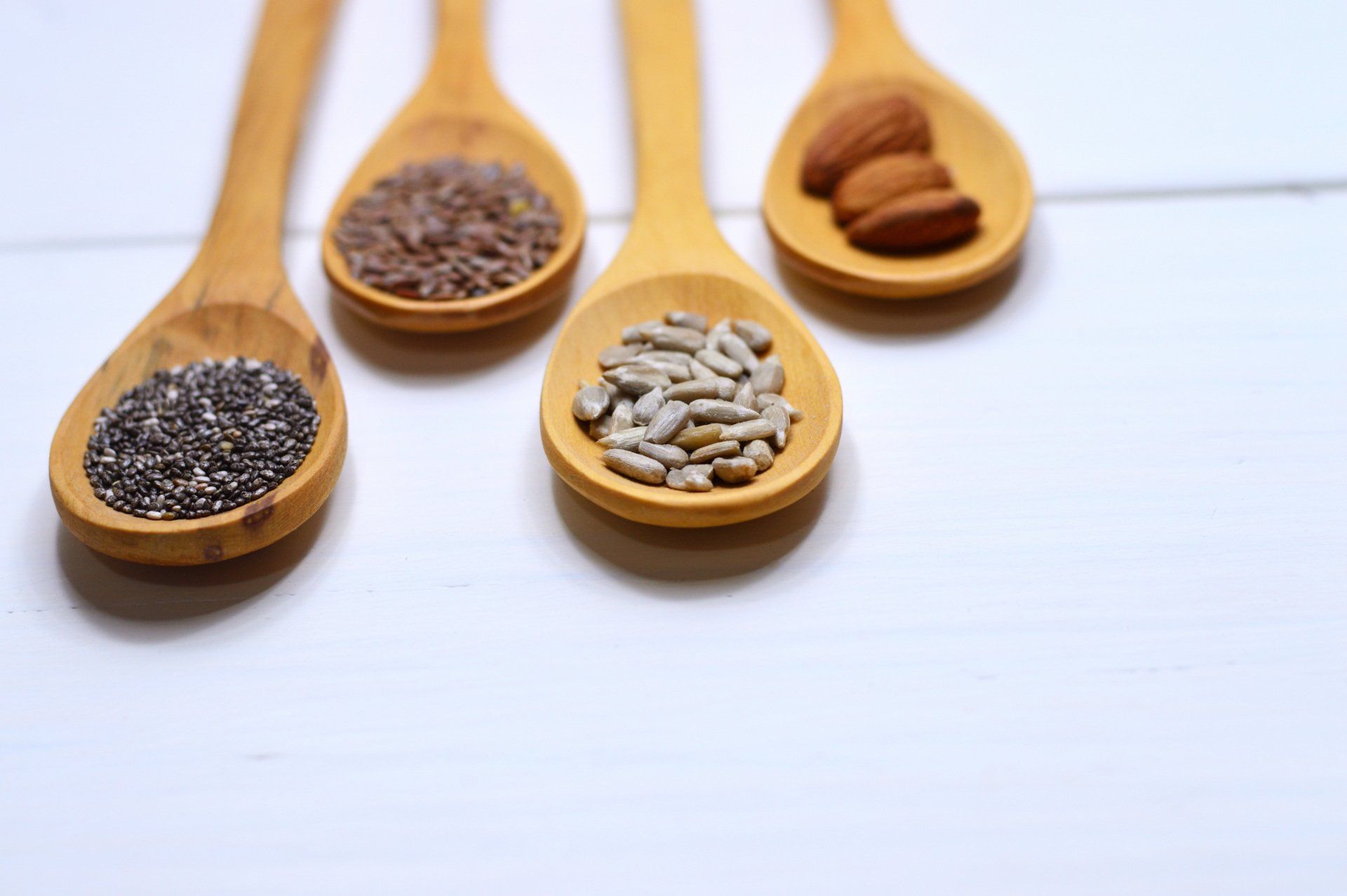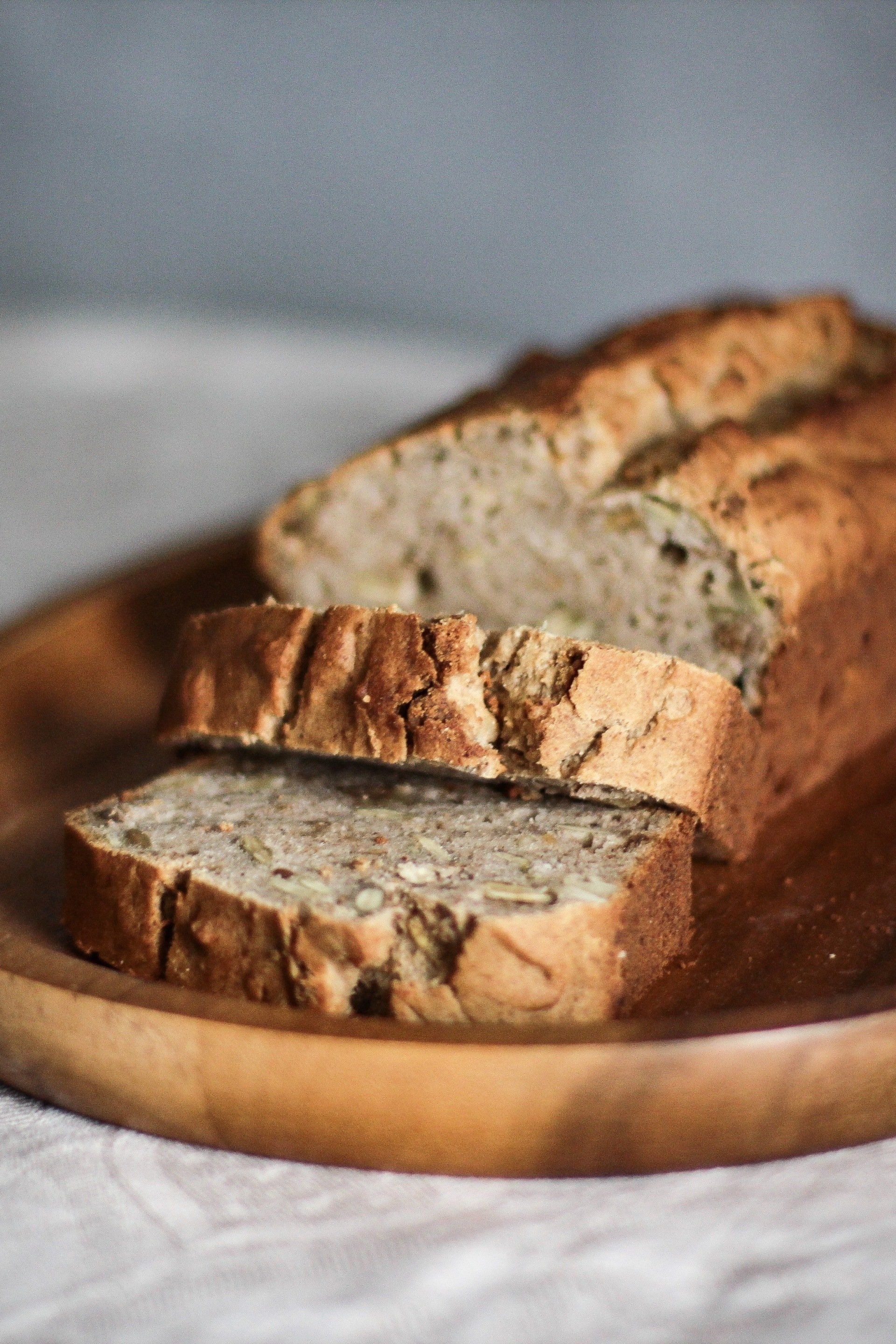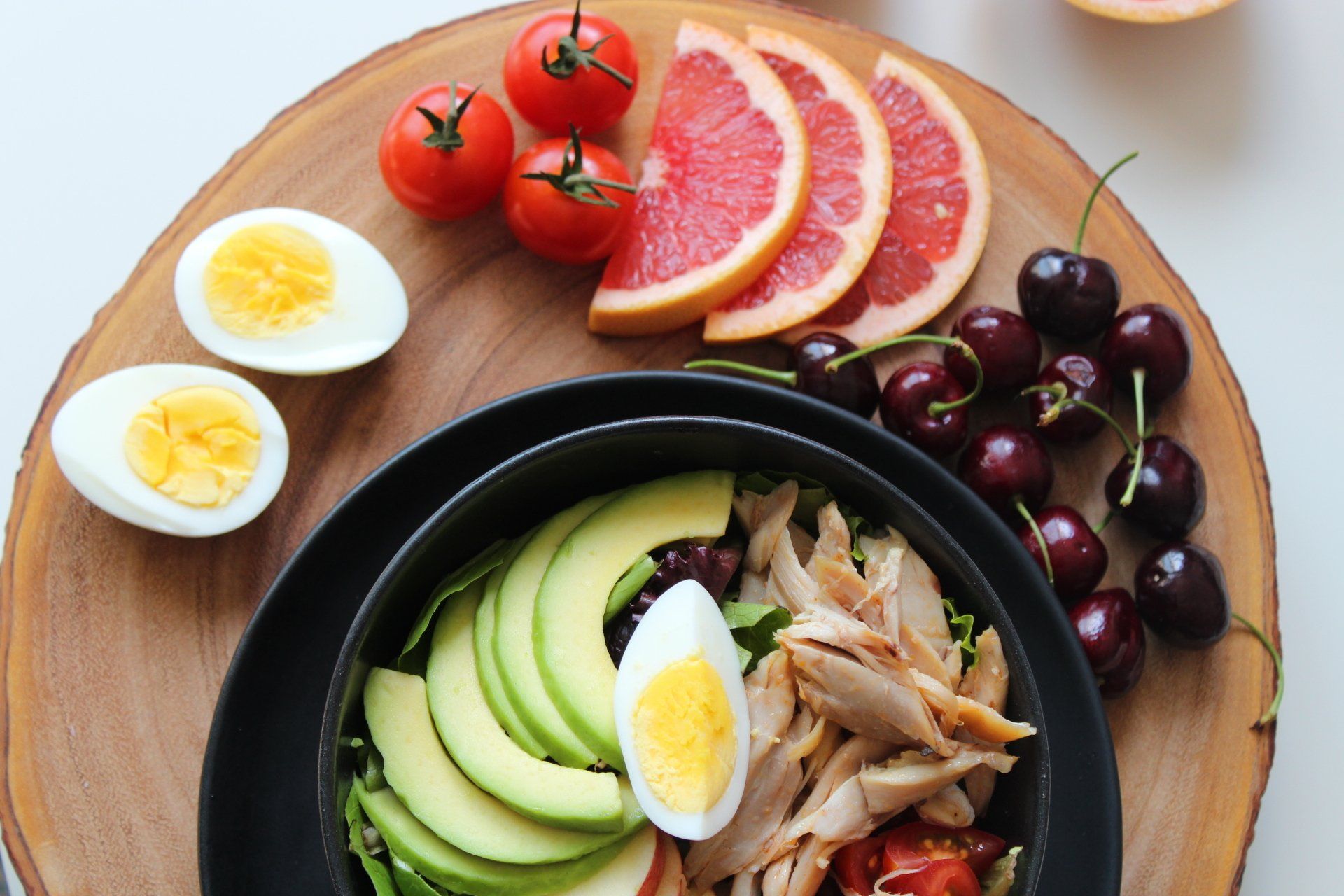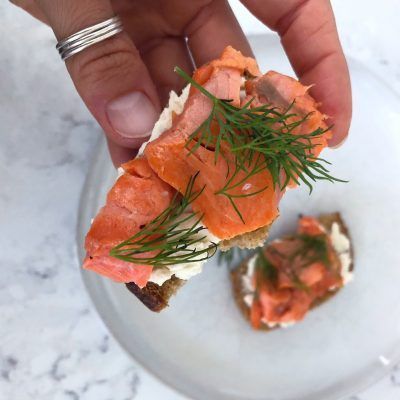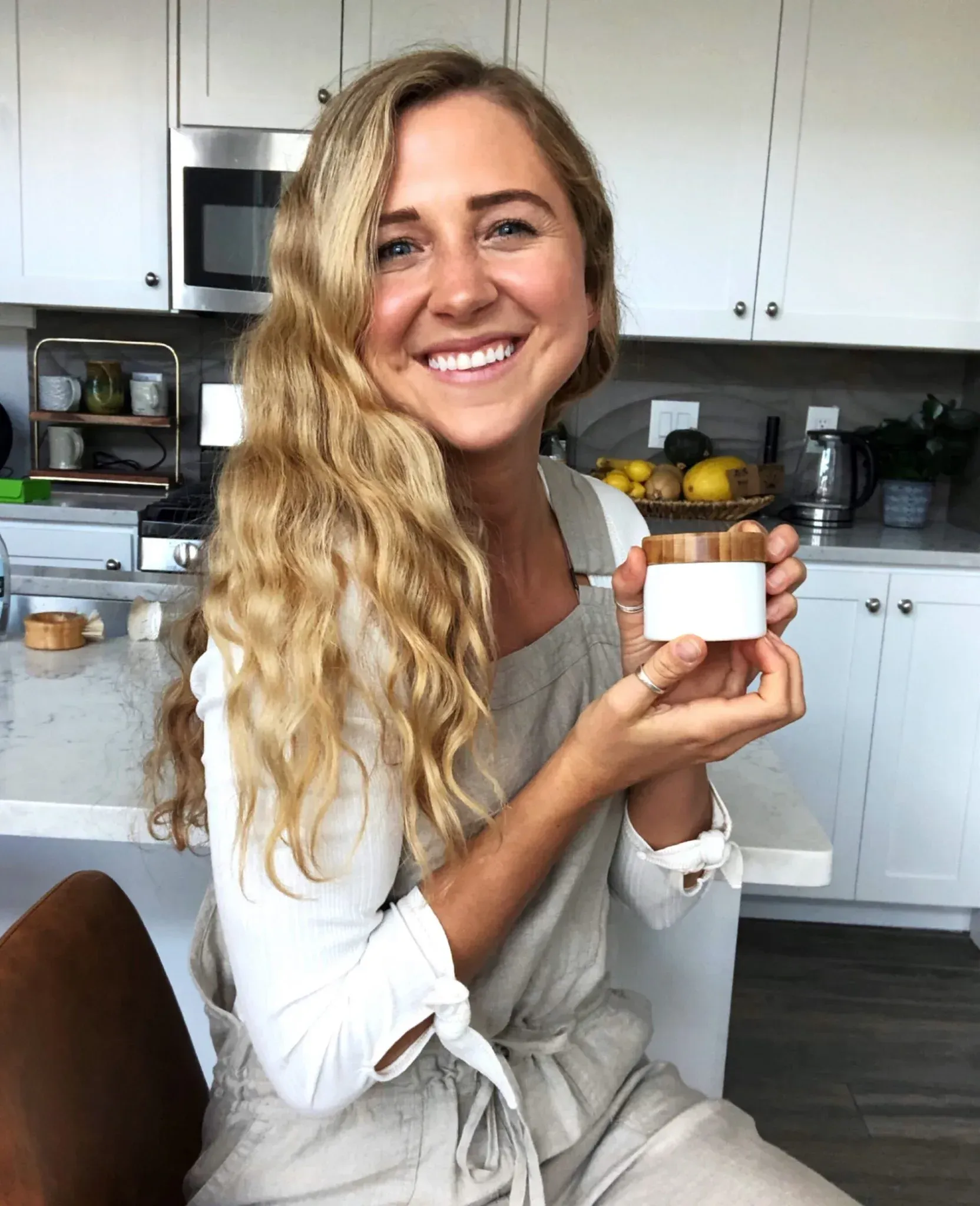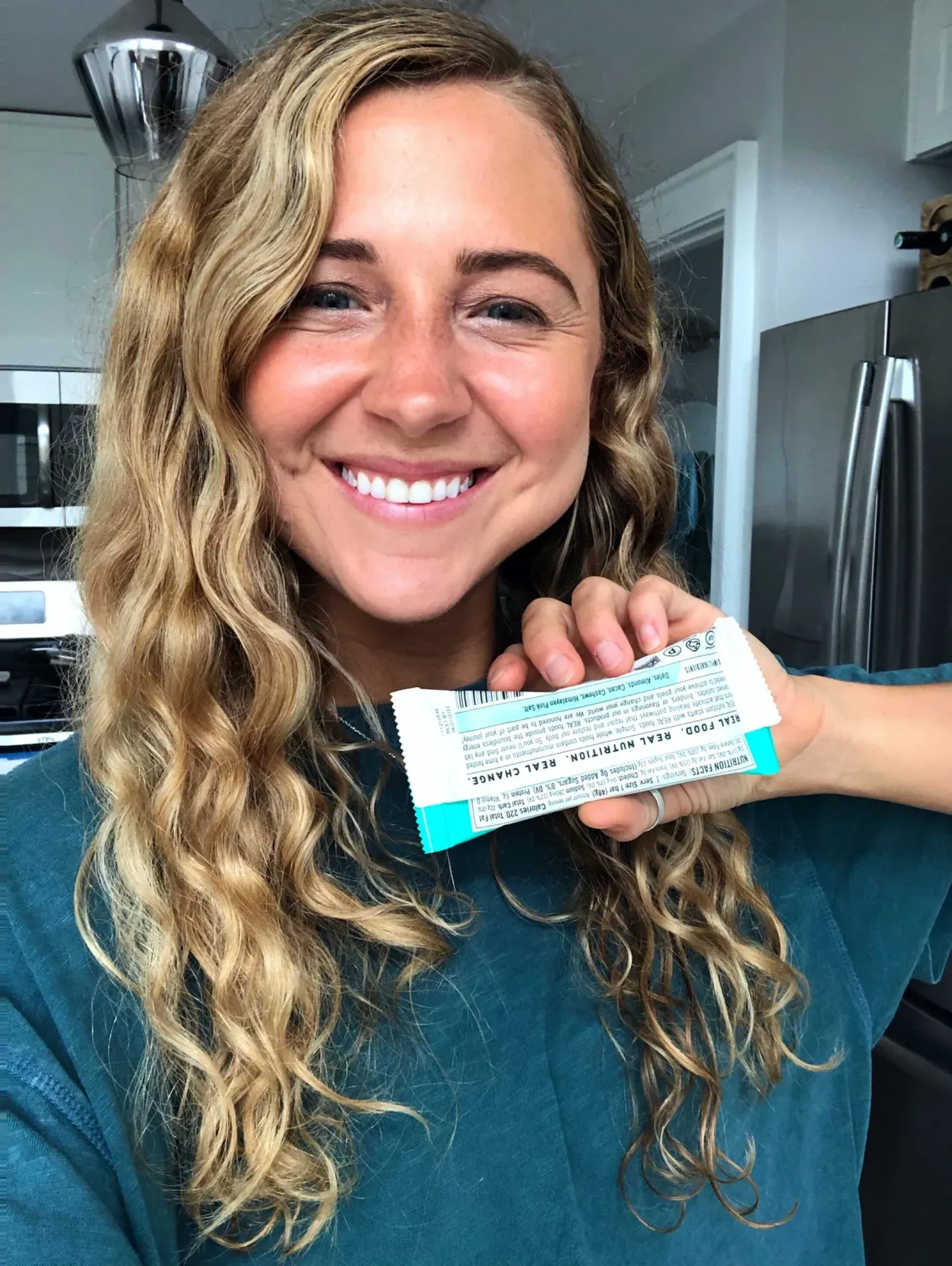Blog
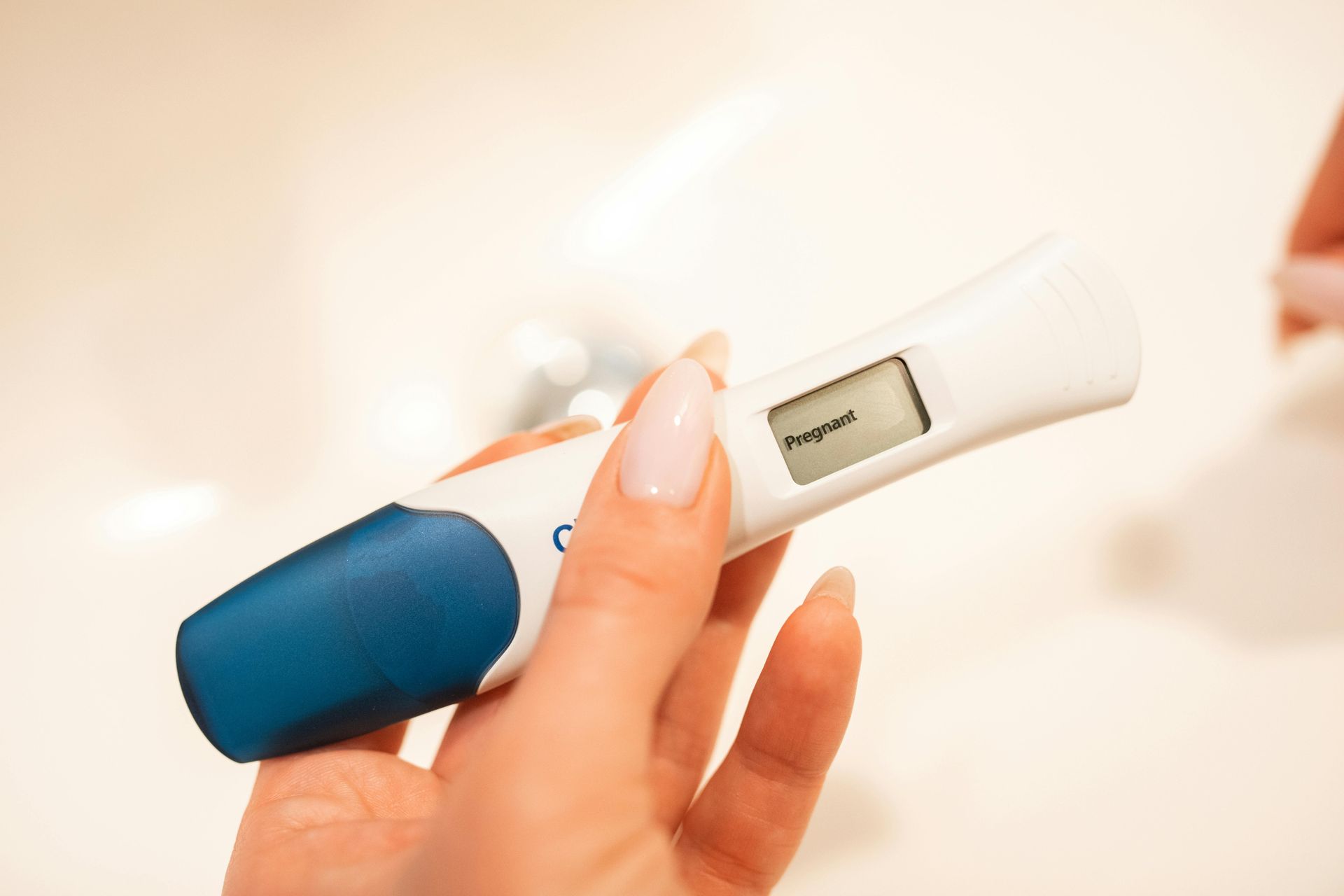
Over 110 million women worldwide are struggling with infertility. It’s estimated that as many as 25% of pregnancies end in miscarriage. 42% of Americans have turned to fertility treatments or know someone who has. I know those are depressing stats. But whether you're considering starting a family and you're fearful of infertility, or you've already had to face the pain of infertility - please know there is hope. In our virtual private practice we’ve helped many women get pregnant, even after years of infertility. While fertility is influenced by many lifestyle factors, I would argue diet has some of the biggest impact. What you eat impacts hormone balance, egg quality, ovulation , and many other aspects of your ability to get pregnant and carry your baby to term until they’re ready to enter the world. In this blog, we’ll share: - The top 9 foods to boost fertility for women - Foods to limit - Key nutrients to focus on - Practical tips for a fertility-friendly diet - FAQs about fertility and food Whether you’re in the midst of your fertility journey or just curious about nutrition’s role — welcome. Let’s dig in!

You’re dealing with constant bloating and fatigue, and after a deep dive on Google, you find a dozen "nutrition experts" offering conflicting advice. One recommends a $400 detox kit. Another says to cut all carbs. A third tells you to "just listen to your body." Who do you trust? And more importantly—who’s actually qualified to help? If you’ve ever searched for a nutrition expert, you’ve probably seen titles like Registered Dietitian (RD), Certified Nutrition Specialist (CNS), and nutritionist . But these credentials aren’t interchangeable —and knowing the difference can help you find the right expert to truly improve your health

Polycystic Ovary Syndrome (PCOS) is a common hormonal condition that affects millions of women in the United States. PCOS results in debilitating symptoms, long term complications, and is one of the most common causes of infertility in the US. Sadly, for many women it takes years to finally get a diagnosis. For the women who do get diagnosed, they usually don’t know where to begin when it comes to addressing their PCOS naturally. I’ve worked with so many women who are just told to go on birth control to “fix” their PCOS. Birth control not only doesn’t fix PCOS - it can actually cause more issues! Although PCOS is a complex disorder, nutrition, supplements, and lifestyle changes can significantly slow its progression and reduce symptoms. In fact, many of my clients with PCOS have been able to put their PCOS in remission naturally. In this article, we’ll cover: What is PCOS? The role of hormones in PCOS Common signs and symptoms of PCOS Root causes of PCOS How to manage PCOS naturally Dietary and lifestyle changes for PCOS Where to go from here

Fifteen years ago, my digestive issues sparked my interest in gut health. I was amazed that there were thousands of research studies showing connections between our gut and the health of our immune system, our skin, our brain, and more. I was even more amazed that no one was talking about it! Now gut health is a hot topic, and I’m glad. Our gut health is at an all-time low because of antibiotics, processed food, high stress levels, pesticides, antibacterial soaps, and other gut damaging factors that are so prevalent in the modern world. If you’re unsure about your own gut health, start by asking yourself these three important questions.

I absolutely love cooking, but baking is something I rarely do. When I do decide to bake my goal is to make something delicious, with simple steps and minimal clean-up. Any time I'm in the kitchen I want it to be as relaxing as possible, especially around the Holidays. I created this pumpkin bar recipe years ago, but I come back to it again and again. You can quickly mix up these healthy pumpkin bars for a Thanksgiving dinner, Friendsgiving gathering, or sweet treat for yourself. But first - Is pumpkin a Fall fad or is it a healthy addition to our Fall recipes? Is pumpkin actually healthy? Here are some pumpkin nutrition highlights: Full of fiber: Fiber keeps you full, stabilizes blood sugars, supports estrogen metabolism, and regulates digestion. Loaded with vitamin A : One cup of pumpkin contains 245% of the daily recommended amount! Vitamin A prevents collagen breakdown (aka less wrinkles), supports thyroid function, increases iron absorption , and enhances the positive effects of vitamin D. Mineral-rich: Pumpkin is a rich source of magnesium, manganese, copper, phosphorus, zinc and iron. These minerals support energy production, promote hormone balance, keep your immune system in tip-top shape, and more. No, It’s not always healthy Yes, pumpkin is healthy. BUT don’t grab a slice of pumpkin bread and assume it’s automatically healthy. A slice of pumpkin bread from Starbucks has 40 grams of sugar.


